Citrus Honey: Benefits, Uses, and Precautions
What is Citrus Honey?
Citrus honey is produced by bees collecting nectar from citrus blossoms. Fresh citrus honey appears white to light amber in color, with a sweet yet slightly tangy flavor and a distinct citrus aroma. When crystallized, it forms fine white granules or a creamy texture. As a specialty honey from southern China, let’s explore its nutritional value, health benefits, and usage methods.
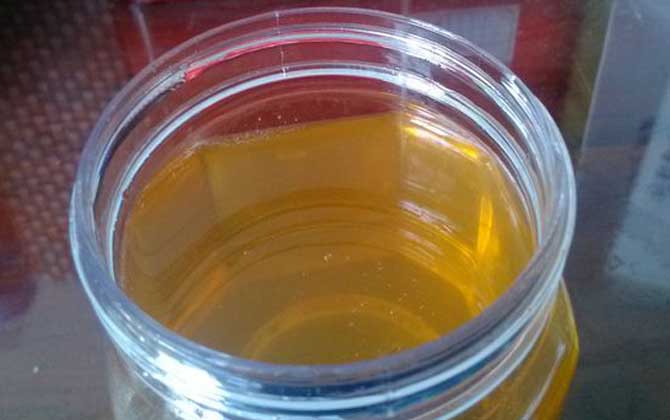
1. Nutritional Profile
While sharing similar basic components with regular honey, citrus honey contains unique nutritional elements:
- Sugars: Approximately 72.17% total carbohydrates (28.56% glucose, 43.62% fructose)
- Additional Components: Sucrose, organic acids, essential oils, active enzymes, pollen grains, and minerals
- Vitamin C: Contains significantly higher vitamin C levels compared to other honeys (supports immune function and skin health)
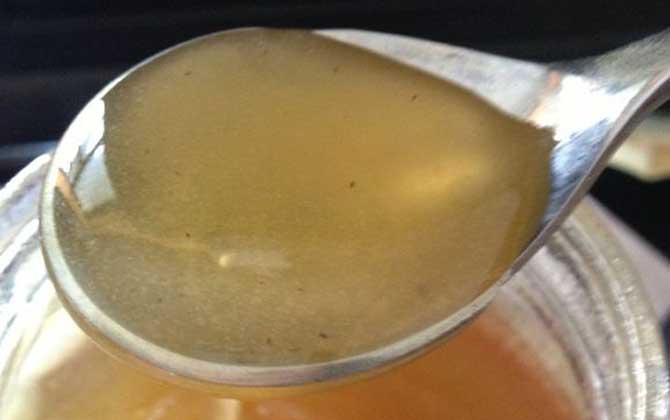
2. Immune System Support
Citrus honey demonstrates remarkable immune-boosting properties through multiple mechanisms:
- Active enzymes and minerals stimulate lymphocyte production (B-cells and T-cells)
- Enhances neutrophil activation for pathogen defense
- Vitamin C increases antibody diversity and quantity
- Supports white blood cell production (neutrophils, lymphocytes, phagocytes)
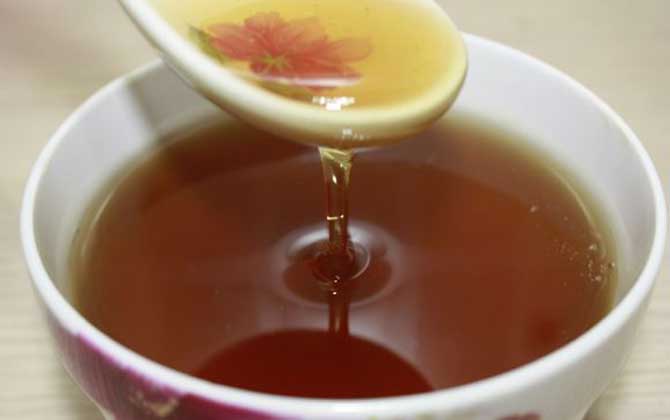
3. Digestive Health
Citrus honey promotes gastrointestinal balance through:
- Organic acids regulating gastric acid secretion
- Beneficial bacteria supporting gut microbiome balance
- Digestive enzymes (amylase, lipase) aiding food breakdown
- Improved intestinal motility
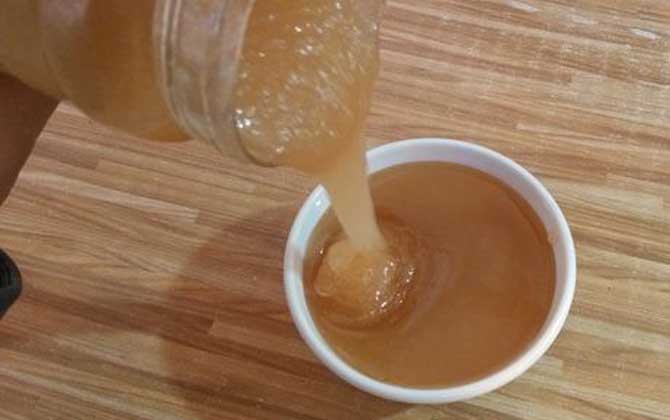
4. Relaxation & Sleep Aid
Natural sleep support components include:
- Magnesium: Regulates nervous system function (daily requirement: 310-420mg)
- B vitamins: Reduce anxiety and stress hormones
- Amino acids promoting serotonin production
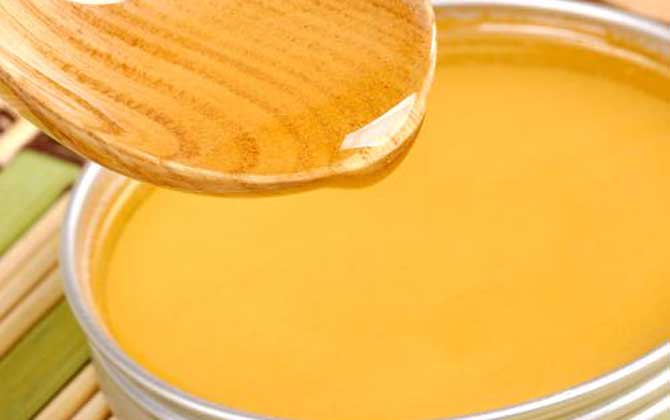
5. Skin Care Benefits
Topical and internal skin benefits:
- Vitamin C boosts collagen production
- Polyphenols (flavonoids, phenolic acids) combat oxidative stress
- Antibacterial properties reduce acne-causing bacteria
- Lightens hyperpigmentation when used in masks
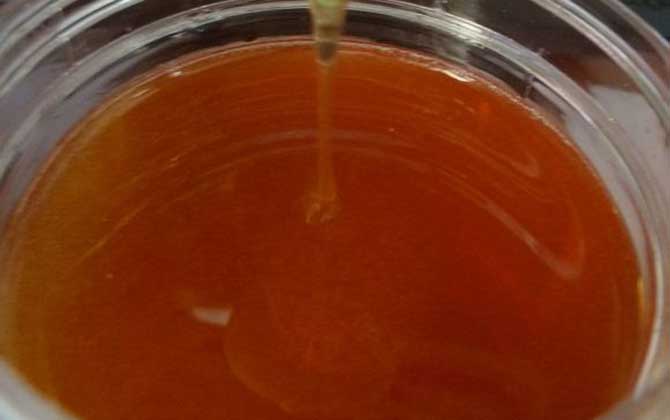
6. Usage Methods
Versatile consumption options:
- Direct consumption: 1-2 teaspoons daily
- Beverage base: Mix with warm water (<40°C/104°F)
- Flavor combinations:
- Lemon-honey water (detoxifying)
- Ginger-honey tea (immune booster)
- Date-infused honey (energy drink)
- Culinary uses: Natural sweetener for baked goods, salad dressings
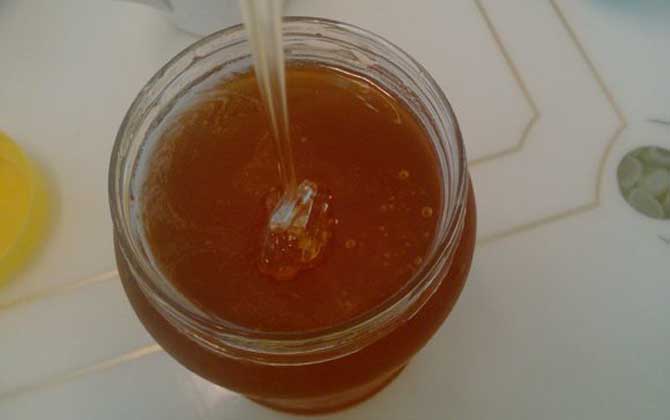
7. Precautions & Warnings
Important usage considerations:
- Contraindicated for diabetics (72% sugar content)
- Maximum preparation temperature: 60°C/140°F
- Daily limit: 25-50g for adults
- Potential risks:
- Weight gain with excessive consumption
- Infant botulism risk (avoid under 12 months)
Key Takeaways
Citrus honey, derived from Rutaceae family citrus plants, offers distinct advantages over regular honey:
- Higher vitamin C concentration enhances immune and skin benefits
- Unique citrus-derived phytochemicals provide additional antioxidants
- Regional production characteristics influence flavor profiles
Note: Color variations occur depending on citrus varieties (orange, mandarin, grapefruit). Always choose raw, unpasteurized versions to preserve enzymatic activity.